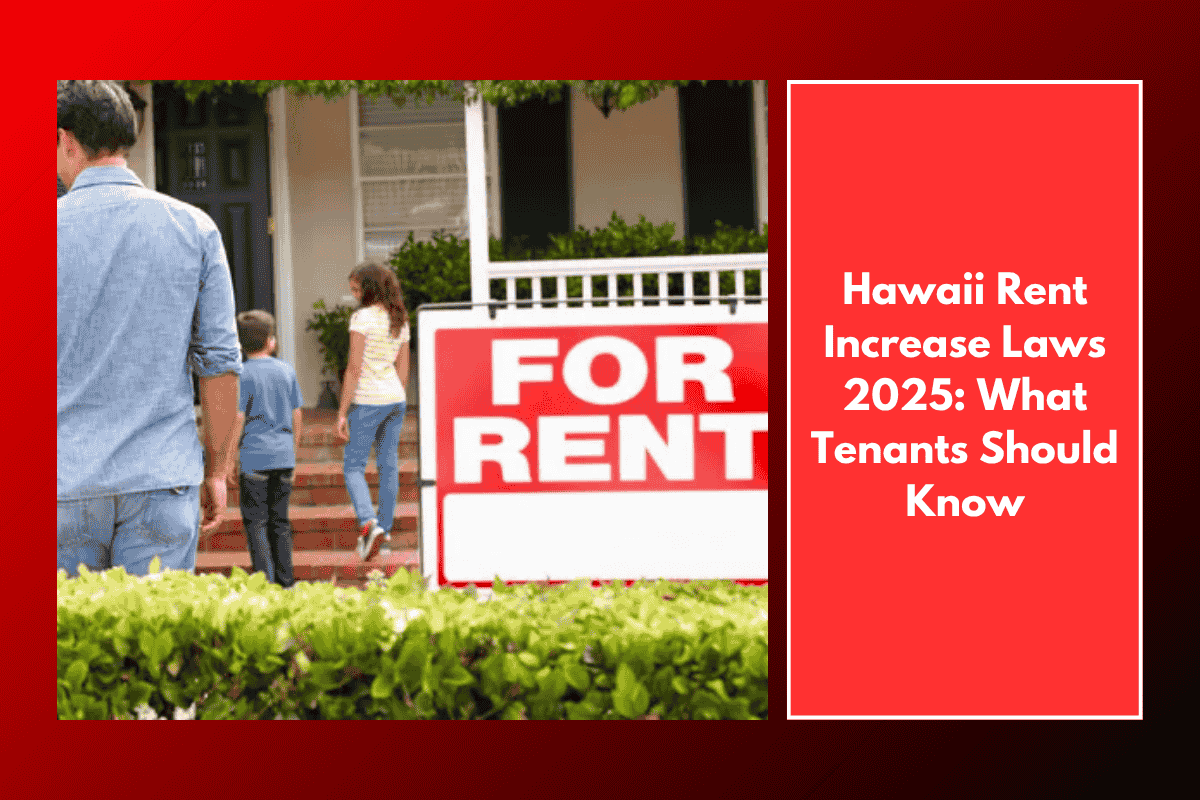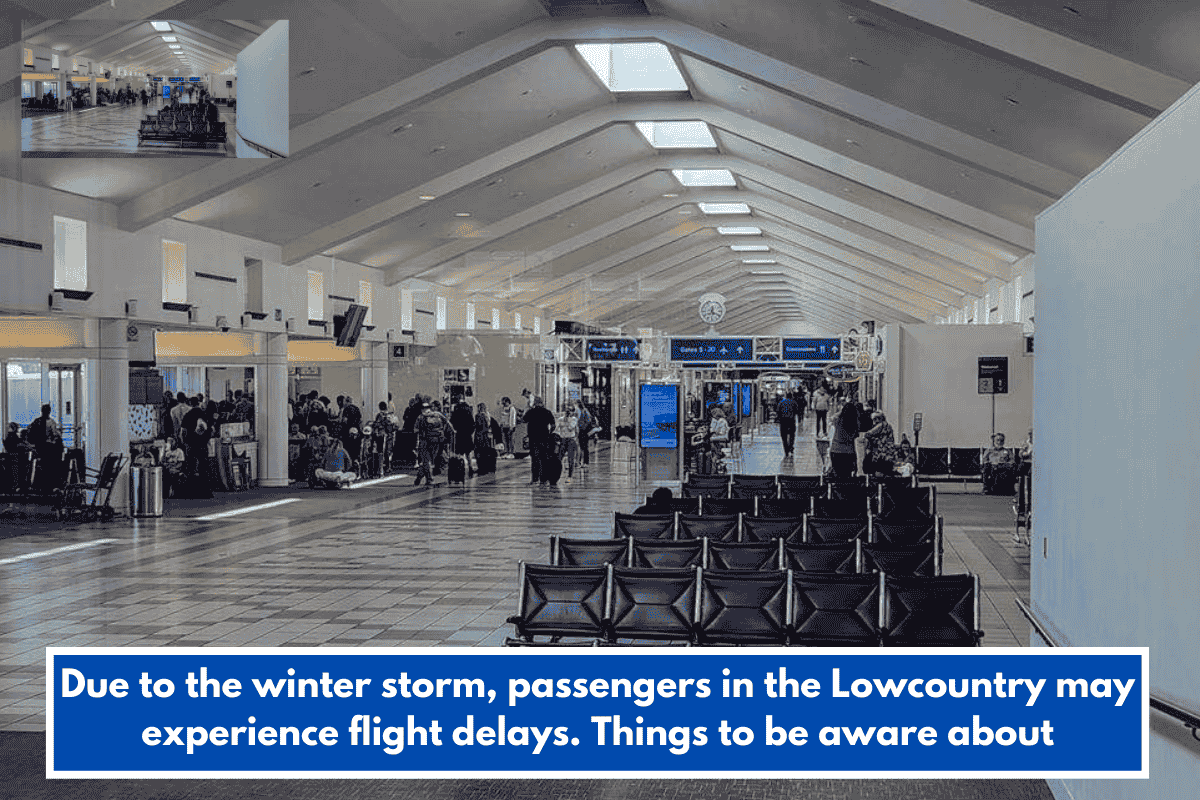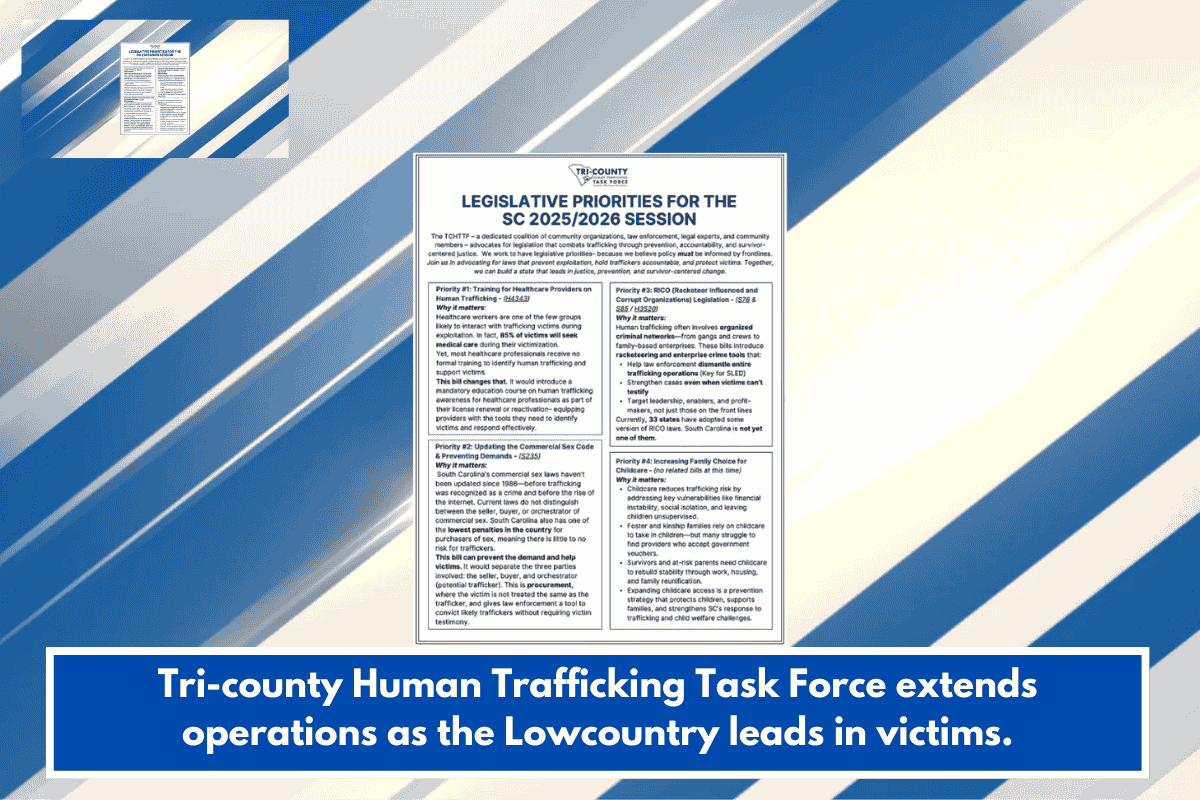As rental prices continue to rise across the United States, many tenants in Hawaii are concerned about the potential for significant rent increases. Hawaii, with its unique housing market, has specific laws designed to protect renters from sudden and extreme rent hikes. Understanding the Hawaii rent increase laws is essential for tenants, especially as new regulations come into play in 2025. Here’s what tenants in Hawaii should know to navigate rent increases effectively and protect their rights.
1. What Are Rent Increase Laws in Hawaii?
In Hawaii, there are no statewide rent control laws that limit how much a landlord can raise rent for private rental units. However, there are rules and regulations that govern how and when rent increases can occur, designed to balance the rights of landlords with those of tenants. These laws are primarily found in the Hawaii Residential Landlord-Tenant Code.
2. How Much Can Rent Be Increased in Hawaii?
There is no specific cap on the amount a landlord can raise the rent for a residential unit in Hawaii. However, there are restrictions on the timing and amount of notice that must be given to the tenant when a rent increase is applied.
- Rent Increases for Month-to-Month Tenants: If a tenant is renting on a month-to-month lease, the landlord can increase the rent but must provide at least 45 days’ notice if the rent increase is less than 25% of the current rent. If the increase is 25% or more, the landlord must provide at least 90 days’ notice.
- Rent Increases for Fixed-Term Leases: For tenants who are on a fixed-term lease (such as a year-long lease), the rent cannot be increased until the lease term is over, unless the lease specifically includes provisions for rent adjustments. Once the lease term ends, the landlord can raise the rent for the next lease period, provided the required notice is given.
- Rent Increases for Rent-Controlled Units: While Hawaii does not have rent control statewide, there are specific rent-controlled areas in cities like Honolulu that limit how much rent can be increased, particularly for low-income tenants or government-subsidized housing. Rent increases in these areas are typically regulated by the U.S. Department of Housing and Urban Development (HUD) or local housing authorities.
3. Notice Requirements for Rent Increases
Hawaii law requires landlords to provide written notice before raising the rent, and the required notice period depends on how much the rent is being increased.
- For Rent Increases of Less than 25%: Landlords must provide at least 45 days’ written notice. This gives tenants time to prepare for the increase and consider their options.
- For Rent Increases of 25% or More: If the rent increase exceeds 25%, the landlord must give 90 days’ written notice. This longer notice period allows tenants more time to either negotiate the increase, accept the higher rent, or look for alternative housing.
4. Is Rent Control Available in Hawaii?
While Hawaii does not have statewide rent control, there are some rent control policies in place for certain subsidized housing units or public housing. The U.S. Department of Housing and Urban Development (HUD) may enforce rent controls on government-subsidized apartments. These units typically cater to low-income residents and have limits on the amount of rent a landlord can charge. In addition, some local ordinances in Hawaii may place limits on rent increases for certain types of housing, especially where federal or state housing subsidies are involved.
5. What Can Tenants Do if They Can’t Afford the Rent Increase?
If you are a tenant in Hawaii and are facing a rent increase that you cannot afford, there are several options available:
- Negotiate with the Landlord: It’s always worth asking your landlord if they’re willing to negotiate the rent increase. In some cases, especially if the rent increase is relatively modest, the landlord might be willing to offer a compromise.
- Seek Legal Advice: If you believe the rent increase is unlawful or excessive, you should consult with a local housing attorney or tenant advocacy group. They can help determine if the increase violates any laws, especially in rent-controlled or subsidized housing situations.
- Look for Other Housing Options: If the increase is unaffordable and negotiations don’t help, tenants may need to consider looking for alternative housing. Hawaii’s competitive housing market can make this a challenge, but it’s important to have backup options.
- Apply for Rent Assistance: If the rent increase puts you at risk of losing your housing, you may be eligible for rental assistance programs offered by state or local agencies. Programs like Section 8 housing vouchers or emergency rental assistance could help offset increased housing costs.
6. Eviction Due to Rent Increases
If a tenant cannot afford a rent increase and chooses not to accept the new terms, the landlord may issue an eviction notice. However, they must follow the legal process, which includes providing the proper notice of eviction and reasons for the action. In Hawaii, landlords cannot simply evict tenants due to a rent increase without going through the formal legal process.
7. New Developments: What to Expect in 2025
As housing costs continue to rise in Hawaii, tenants may face more challenges when it comes to affordable housing. The Hawaii State Legislature has been considering new housing policies to address housing affordability and rent control. This could lead to future rent regulation or additional tenant protections for those struggling with skyrocketing rental costs. The state is working on various affordable housing development initiatives, and it’s possible that additional rules or rent regulations could come into play in 2025 to address the growing housing crisis.
8. Key Takeaways for Tenants
- Rent increases are generally allowed in Hawaii, but they must follow specific rules regarding notice and timing.
- Month-to-month tenants must receive a 45-day notice for increases under 25%, and 90 days’ notice for increases of 25% or more.
- Fixed-term tenants cannot have their rent increased until the lease expires.
- Hawaii does not have statewide rent control, but there are rent-controlled areas in subsidized housing.
- Tenants who cannot afford the increase can negotiate, seek legal advice, or apply for rental assistance.
Navigating the Hawaii rent increase laws can be challenging, especially in a competitive housing market where rent increases are becoming more common. Tenants should understand the rules about notice periods and acceptable rent increases to protect themselves from unfair or excessive hikes. Whether you’re facing a modest increase or a substantial one, it’s crucial to understand your rights, especially as new housing regulations could be introduced in 2025 to further protect renters.
SOURCES
[1] https://cca.hawaii.gov/ocp/landlord-tenant/
[2] https://www.doorloop.com/laws/hawaii-landlord-tenant-rights
[3] https://www.steadily.com/blog/rent-increase-laws-regulations-hawaii
[4] https://www.hawaii.edu/fachousing/wp-content/uploads/sites/26/2025/05/rateincrease2025.pdf
[5] https://www.billtrack50.com/billdetail/1792593














